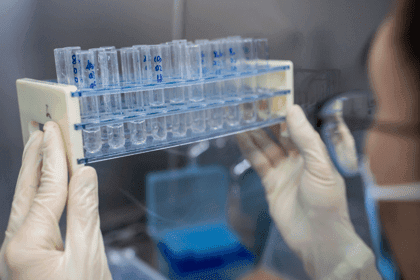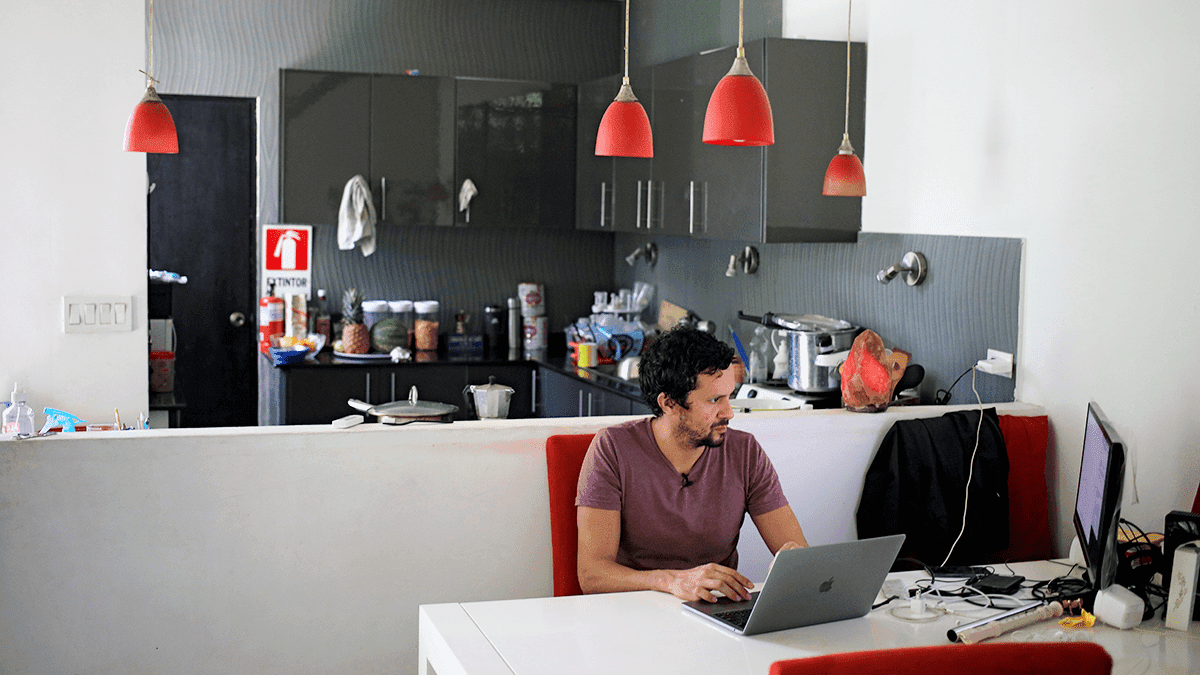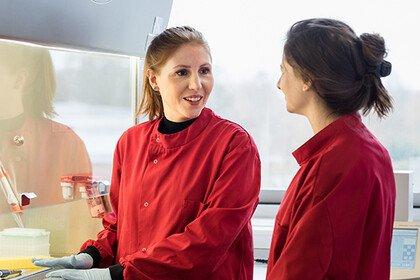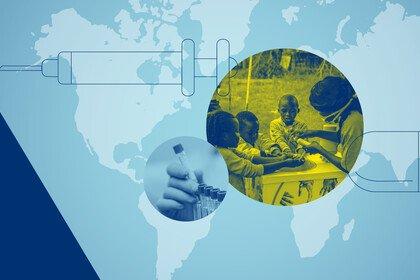
How could Covid-19 change research culture for the better?
Covid-19 is transforming every aspect of society – and research is no exception. But how can we use what we’ve learned in the past six months to build a better research culture?

With scientists facing the same disruption as many other sectors due to Covid-19, science has also been thrown into the spotlight as our exit strategy from the pandemic.
This focus has shone a new light on research culture. Rather than slipping back into old habits or making incremental changes, we must use this opportunity to build on the fundamentals of good research culture and reimagine the way we work.
Here are some of the things we’ve learned so far.
Global collaboration is on the rise
Since the start of the outbreak, scientists have embraced new ways of working – sharing ideas and data at an unprecedented rate to answer the most pressing questions about Covid-19.
In March, more than 30 publishers committed to making their coronavirus-related research immediately accessible. Their decision reflected a sector-wide acknowledgement of the need for open and honest outputs. Researchers across the USA even set up a Slack channel – dubbed ‘The Wu-han Clan’ – to coordinate research and compare results.
However, the faster and more transparent sharing of data is not without its challenges. A research paper that caused global clinical trials of hydroxychloroquine to pause was later retracted due to inconsistencies, highlighting the risks of working at breakneck pace.
Meanwhile, the shift towards virtual conferences has allowed people to participate more fully than ever before. For many researchers, attending in-person conferences has always been impractical due to caring commitments, financial constraints or personal circumstances. Now, widespread acceptance of virtual alternatives could help make the sector more inclusive than ever.
What’s clear from the past few months is the value of a shared purpose to bring people together. There's a real sense that the research community wants to step up and contribute. In our research culture survey we heard how people felt a sense of pride that they were contributing to something bigger than themselves – and what challenge could be greater than a global pandemic?
Researchers’ contributions must be assessed fairly
Building a better research culture means overhauling the way we think about reward and recognition – the pandemic has only made this clearer. The metrics used to assess researchers don’t tell the whole story of what, and how, they contribute. And with lockdown affecting researchers in so many different ways, we must be able to take individual circumstances into account. Funders need to work flexibly and be realistic about what researchers can achieve.
Some academics have completely changed the direction of their work to focus on the crisis, others have paused their research as they return to frontline hospital duties. The shuttering of academic labs has had a profoundly disruptive effect across the community, leaving early-career researchers particularly vulnerable.
Then, there are all those juggling caring responsibilities and home-schooling. There’s widespread concern that extra pressures could be exacerbating the existing gender imbalance, leading to fewer outputs from female academics. An online letter calling on funders to take caring commitments into consideration recently attracted hundreds of signatures.
So, how can funders address these inequalities fairly when assessing applications? We can’t just write off the past six months – people from across the sector have been making incredible contributions in the face of adversity.
Our answer will involve working on a case-by-case basis, giving researchers space to tell us about how the pandemic has affected their work. We want to assess researchers’ contributions more holistically, considering the impact of their research, but also the impact they make on the sector through things like mentoring, good leadership and public engagement. This person-centred approach should have life well beyond the confines of Covid-19, helping us learn how to identify and fund those who make the biggest difference in research in the long-run.
In both crisis and opportunity, good leadership is vital
Radical change requires effective leadership. The pandemic has given research leaders everywhere a chance to step up. But even beyond Covid-19, it’s clear that UK research is going through a transformation on all fronts, as set out in the UK government’s recent Research and Development Roadmap.
For me, leadership means making good decisions with compassion under difficult circumstances. The pandemic has shown us a full spectrum of research leadership – from scientists pioneering new ways to work across disciplines, to worrying reports of Principal Investigators telling staff 'it’s up to you' whether to come into the lab during lockdown.
I think there are lessons we can learn about how to inspire good leadership, and Wellcome wants to become a better partner for those working in leadership roles across research. We must use this as a chance to improve and avoid some research leaders falling back on old habits because they feel more secure.
I would present this as a challenge to the community. Covid-19 could be a watershed moment, where we make meaningful progress against the inequalities in our sector and rebuild the culture we all want to see. Let’s make it happen.


